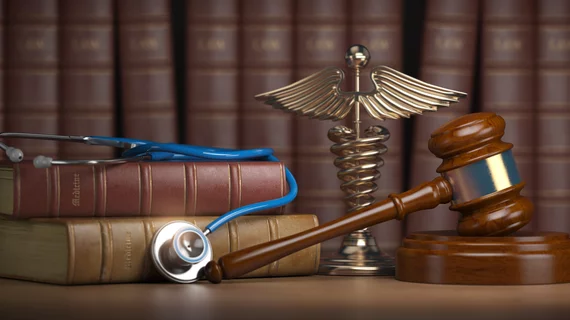‘Pharma bro’ Martin Shkreli must return $64M, is banned from drug industry
Martin Shkreli, the founder and former CEO of Turing Pharmaceuticals and Retrophin, has been ordered to return $64.6 million in profits he gained from hiking up the price of a lifesaving drug and is now banned from the pharmaceutical industry for life.
A federal judge handed down the ruling on Friday, the AP reported. The decision comes more than four years after Shkreli was sentenced to prison in an unrelated securities fraud scam.
The court’s Jan. 14 ruling dates back to 2020, when the Federal Trade Commission and seven states first brought this case against Shkreli, whose company acquired the rights to Daraprim—a 62-year-old treatment for newborns and HIV patients—and promptly raised its price from $13.50 to $750.
Shkreli defended his 5,000% price hike as a “great business decision” and continually insulted his critics, eventually earning him the nickname, “Pharma Bro.”
‘Envy, greed, lust, and hate,’ don’t just ‘separate,’ but they obviously motivated Mr. Shkreli and his partner to illegally jack up the price of a life-saving drug as Americans’ lives hung in the balance,” New York Attorney General Letitia James said in a statement.
“But Americans can rest easy because Martin Shkreli is a pharma bro no more,” James added.
Read the entire story below.

